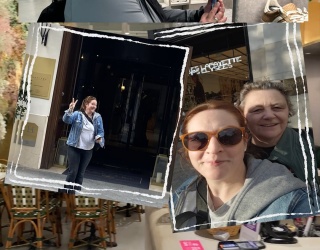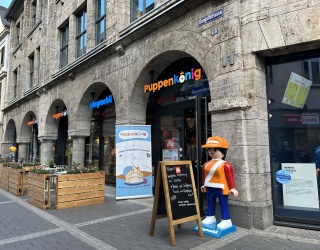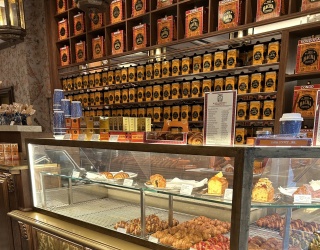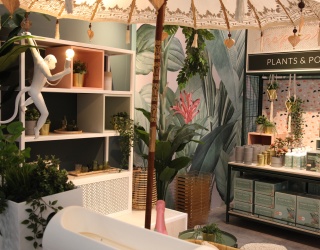It is among the most finicky spots at a supermarket: bottle return centers. If things are dirty and smell bad, both customers and employees are wrinkling their noses. Yet this can be avoided.
Spilled juice, soggy labels and dried grass: when empty bottles are returned to the retailer, they could tell quite the stories. And they also smell like it, of course, especially since returned bottles no longer have to be pre-rinsed before they are brought back. And that makes sense because the bottles have become non-readable for the reverse vending machines without a label and the duplicate water use is irresponsible. But are these odors harmful?
Recently, the German Association of Trade and Logistics (“Berufsgenossenschaft Handel und Warenlogistik”) BGHW tried to get to the bottom of this question when it checked the reverse vending machines at 15 retail businesses. Prior to this, customers and employees repeatedly wondered if the odors are a sign of excessive mold growth. But the inspectors, for the most part, gave the all clear. The results showed that the pollution is no greater than that of the outside air where mold occurs naturally.
”However, allergic reactions of employees with an existing mold allergy cannot be entirely ruled out; even if the probability of allergic reactions is very low,“ explains Dr. Stefan Mayer, the project’s manager at BGHW in Mannheim. What bothers your nose is therefore not directly hazardous to your health but could still be unpleasant and trigger nausea. ”This is why regular cleaning is highly important,“ the biologist emphasizes.
What’s clean doesn’t smell
This is something Eric Trumpp, in charge of the reverse vending machine sector at Wincor Nixdorf also recommends. He has seen many bad examples in his line of work of how you should definitely not handle these systems. ”If the equipment is not regularly cleaned it can result in it failing,“ he explains and points out, “These failures are not covered by the maintenance contract. The retailer is solely responsible for this.“
How frequently the machine needs to be cleaned depends on how often it is being used and the level of cleanliness of the returned bottles. ”Near football stadiums or festivals, grass frequently sticks to the bottles for example. Cases exhibit a variety of dirt, depending on where they were placed. All of these residuals can stay on the conveyor belt,” describes Trumpp.
Retailers should post cleaning instructions to promote regular cleaning of the system. The front of the machine needs to be cleaned when needed since liquids running down the front leave a bad impression on customers. He also estimates that the part of the machine that touches the bottles and is not visible to customers should be cleaned two to three times per week. According to Trumpp, their customer Aldi, for instance, implements this strategy. The condition of its machines is exemplary.
So far, there are no self-cleaning conveyors belts. Even though this process takes place semi-automatically with machines by Wincor, it still requires some manual handling by an associate to work. However, modern systems are meant to ensure that the removal of collection reservoirs for liquids keeps getting easier, for instance by simply rinsing these components in a bucket containing water and a specially formulated chemical-free cleaning agent. Or by having very few rough edges where residue can collect. Trumpp adds that the gap still exists between a machine with easier access to the high maintenance areas and sensors and the retailer’s request for the equipment to take up as little space and sales area as possible.
According to Trumpp, a fully automated cleaning process is currently not to be expected. That’s why cleaning the machines remains the retailer’s responsibility. Eliminating all odors is not entirely possible, despite cleaning the machine. This is due to the residual liquid in the bottles. After all, they are just being transported and not cleaned by the machine. That is why more and more retailers are positioning the reverse vending machines in separate rooms. Exhaust ventilation systems remove the unwanted odors to the outside. Whether it will be possible or practical to eliminate bad odors in the machines with antibacterial liquids is currently up in the air.
And finally some great tips by the BGHW from its ”Instruction manual for reverse vending machines“. The manual recommends that staff should always clean up spilled liquids immediately and wash their hands before and after breaks and after completing their tasks and use cut resistant gloves or shovels and brooms to remove broken pieces of glass. Well then, best of luck!









